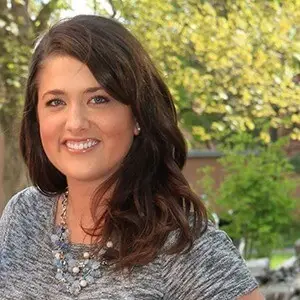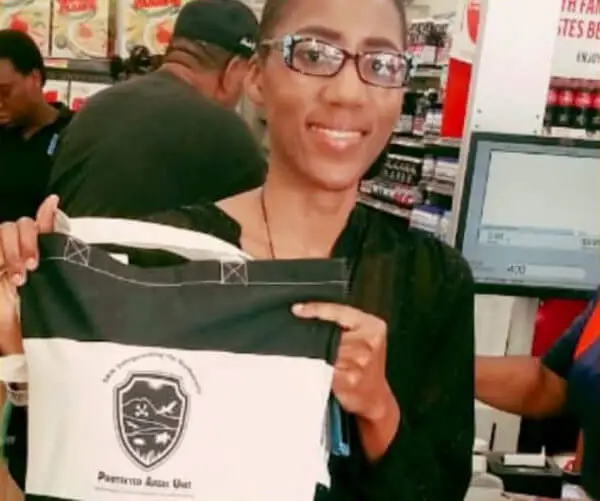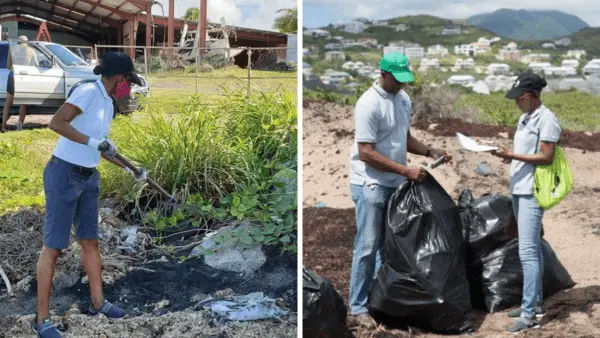Earth Day may be one day out of the year, but it’s not the only day we should be taking action for the planet. That’s why today marks the first day of our bold new Net Zero Travel Challenge.
We’re challenging our passionate community to neutralize their travel emissions and invest in the future of the planet. Together, our goal is to offset 1,000 metric tons of CO2 by World Environment Day on June 5.
In St. Kitts, tourism is a driving force. The sector contributes 25% of GDP and employs 1 in 4 people in the Caribbean island nation. With the increasing threats from climate change and the recent effects of COVID-19, there has never been a greater need to invest in the nature, people, and places that are the heart and soul of the destination.
Our Destination Guardian workshop focuses on empowering each and every person in St. Kitts to contribute to the island’s wellbeing, regardless of their profession or background. Participants are encouraged to do what they can, and to use their unique role and talents to collaboratively tackle island-wide challenges. We recently caught up with one of our participants, Phynora Ible, to see how she’s been living out the role of a Destination Guardian since the workshop took place.
In her day-to-day, Phynora is a Project Associate for the United Nations Development Programme’s “Conserving Biodiversity Project,” which aims to improve the protection of St. Kitts’ land and marine ecosystems. Through her job, Phynora is working on a project to develop a green space within the Royal Basseterre Valley National Park. Once finished, this area will be a place where residents can recreate, relax, and discover St. Kitts’ natural heritage. Phynora explained that she helped incorporate interpretive elements into the site that will educate residents about the importance of sustainable behavior. For instance, she worked with a local ranger to install benches that feature information about water conservation, biodiversity protection, and littering.
“I’m very much aware of the negative impacts of plastics on communities and I see the mountains of litter on the beach going into the sea and they don’t decompose, I’m constantly giving people reusable bags.”
Outside of her workplace, the Destination Guardian workshop inspired Phynora to take initiative in her own life and embrace new practices. In St. Kitts, plastic pollution is a critical issue that affects the island’s beaches and coasts. Not only does plastic litter endanger local marine life, it also degrades the experience for the tourists and residents who come to enjoy the beach. For Phynora, the single most important thing that Kittitians can do to safeguard their destination is to avoid littering and keep their surroundings clean.
Since becoming a Destination Guardian, Phynora has reduced her use of single-use plastics and always carries a reusable bag. “I’m very much aware of the negative impacts of plastics on communities and I see the mountains of litter on the beach going into the sea and they don’t decompose,” she said, “I’m constantly giving people reusable bags.”
“I take more pride in my country and do my little part as small as it can be.”
Phynora explained that one of the key points that she took away from the workshop was that each person can do their own little part, “This could be keeping your neighbourhood clean, planting a tree in your yard, or not littering.” Since the workshop, she keeps gloves in her bag and if she sees any garbage on the beach or in the sea she will collect it herself instead of waiting for someone else to do it. “I take more pride in my country and do my little part as small as it can be.”
During the workshop, Phynora and other participants took part in a field trip to Cockleshell Beach, during which they analyzed the sustainability practices of the area and identified opportunities for improvement. During this visit, Phynora noted that the umbrellas and chairs permanently anchored along the beach posed an environmental hazard. “Businesses on the beach should be playing a bigger role in conservation,” she stated, “[the island needs] active management to ensure that people abide by the rules and policies of the beach.” Since the workshop, Phynora brought some of these issues up with the Department of Environment and advocated for change.
“A Destination Guardian gives back to their community or society by making the place a better place to live in.”
Since the workshop, Phynora said that she has also taken on any opportunity to volunteer and lend a helping hand. She has been involved in building a marine species rehabilitation center, volunteering on the COVID-19 helpline, as well as several environmental clean-ups. During the summer months, Phynora helps out at a local summer camp which equips children with skills that could lead to employment. At the camp, Phynora taught children about the importance of recycling and engaged them in upcycling plastic bottles into pencil cases. In addition to volunteering her own time, Phynora also hopes to establish a new volunteer center to get more local people involved with different projects happening in the community.
Phynora describes the Destination Guardian workshop as a positive experience and over the past year she has encouraged colleagues and friends to take more steps towards helping the island become more sustainable. For Phynora, a Destination Guardian “ gives back to their community or society by making the place a better place to live in.” We couldn’t agree more, and are thrilled to see all the different ways that Phynora has been embodying this role!


 Written By:
Written By: 





